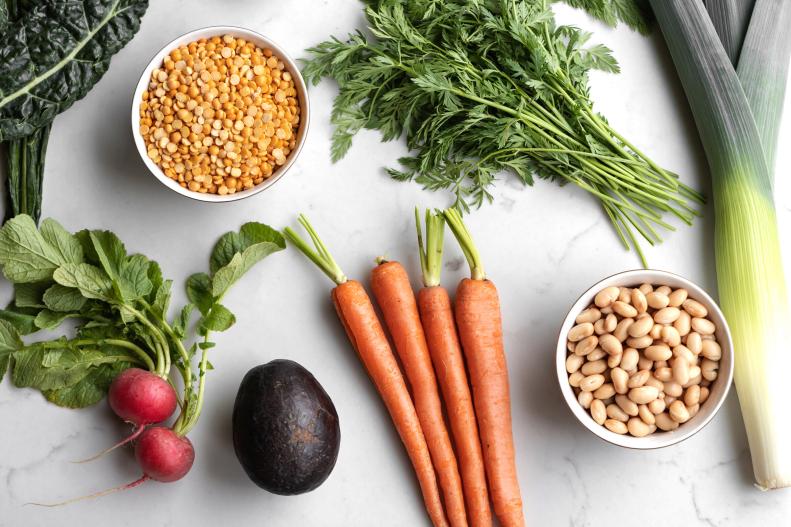1 / 11
Photo: Leesa Morales
Why You Want to Eat to Fight Inflammation
Chronic, low-grade inflammation is caused by many factors, including diet, lifestyle, genetics and environmental pollutants. Here we’ll discuss a few simple and delicious swaps for the most common pro-inflammatory foods and how to use diet as a tool to protect against the effects of inflammation in general.









